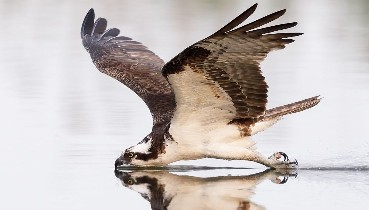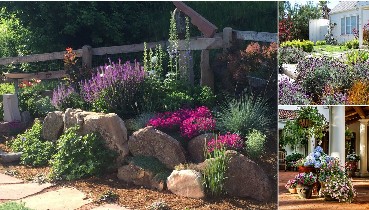
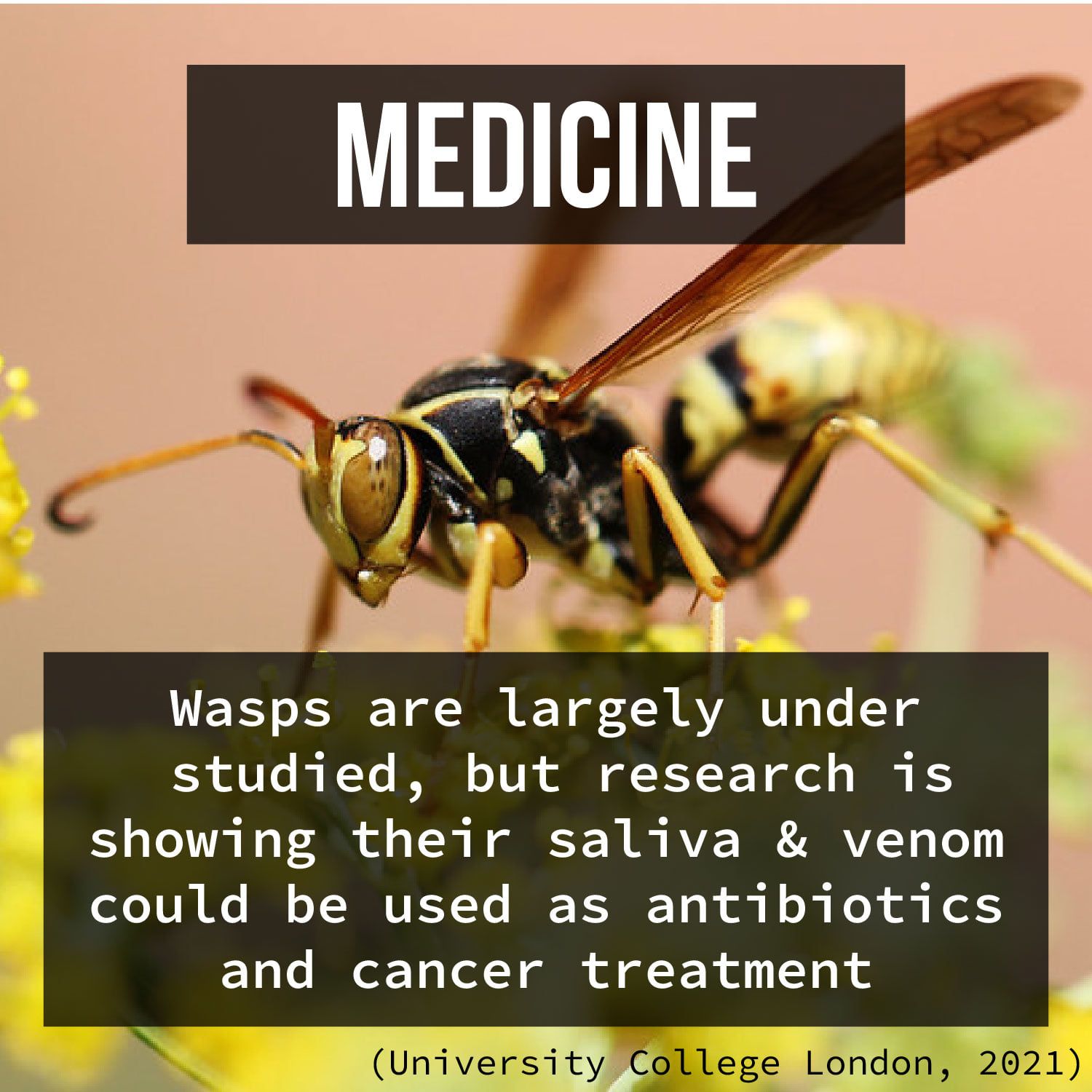
Why We Need to Stop Killing Wasps

Did you know that wasps are incredibly important to our ecosystems? They serve not only as generalist pollinators but also as predators who control populations of other insects.
A ton of emphasis has been placed on saving the bees because of their ecological role as pollinators. Yet not only do most people have a strong dislike for wasps, they often actively kill them.
Of course, like any other species of animal or plant, non-native wasps have the potential to cause ecological harm. Stinging wasps are one of the most diverse classes of insects, so proper identification is necessary before reacting to their presence.
Wasps are Pollinators

There are over 160 plant species that are completely dependent on wasps for pollination.
Many wasp species are generalists. This means they will pollinate a wide variety of plants instead of just one species like a specialist pollinator would.
Pollination is an essential ecosystem service that is necessary for many plant species to reproduce. We also heavily rely on pollination for food crops.
This service by insects is estimated to be worth over $250 billion every year globally. We cannot afford to be picky about who is performing pollination.
In fact, using native wasps as agricultural pollinators is much safer than using non-native honeybees in North America who outcompete native pollinators with declining populations.
Wasps are Predators

Social wasps are also some of the top predators of insects. They keep “pest” populations in check by eating the larvae of many other insects that damage crops.
Wasps have been proposed as a sustainable way to control agricultural pests. The current use of pesticides causes enormous problems from soil damage to insect population endangerment to human health issues. Allowing wasps to eat the insects that damage crops is a much safer natural alternative.
Because of their role as predators, if you’re killing wasps on your property and then other insects like aphids destroy your garden, the problem is probably a lack of wasps.
Potential for Medical Use

Recent research suggests that wasps could be used in human medicine. Their saliva and venom have antibiotic properties. Yellowjacket venom has also shown promise as a cancer treatment.
Wasp larvae are also incredibly nutritious and could be farmed as a regenerative source of protein. In fact, some areas of the world are already doing this. Because insects reproduce quickly and without using many resources, they are a great food source for humans.
An Under-Studied Insect

Despite being a common and diverse species around the world, scientific research on wasps has been largely under-funded and under-studied. The general dislike of wasps likely contributes to this.
Research has shown, however, that wasps are a relatively intelligent species. Studies have shown that social wasps have the ability to recognize faces. Like humans, they see each other’s faces as a whole rather than looking at individual features.
The small amount that we do know about wasps shows how incredibly important they are in performing ecosystem services. The information we’re missing could be vital to our understanding of natural processes that need to be utilized to combat the climate crisis.
A Bad Public Image

There seems to be a strong hatred of wasps by the general public. Many will claim that they attack unprovoked. And while yes, many species of wasps do sting, so do many species of beloved bees. This is not a reason to kill them.
My personal experience of spending much of my childhood outdoors and being a gardener for over 10 years is that I have very rarely been stung by wasps.
In fact, last growing season my yard was FULL of wasps. But they wanted nothing to do with me because they were busy pollinating the native goldenrod and asters growing in my garden.
This makes me wonder if a lack of native plants and insects for them to feed on causes them to become more aggressive. As stated above, more research needs to be done on this issue.

A photo I took of a wasp pollinating right next to me as we both mind our own business
Deterring Instead of Killing

If you are allergic to wasp stings or otherwise want them away from your home, there are better options than killing them.
Placing fake wasp nests in areas where you see them often will make them think the territory has already been claimed. Pre-made options can be purchased, but DIY nests can easily be made at home.
Another option is safely catching and relocating wasps using an insect vacuum that sucks up bugs from a distance and allows you to release them elsewhere. After you’ve moved the wasps, you can also move their nest so they don’t return.
Recommended Videos
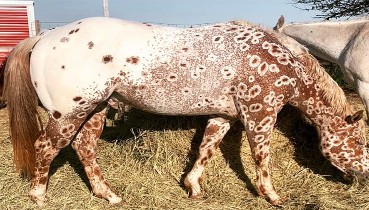 Meet Tattoo The Appaloosa, A Horse With Leopard Spots As Cool As Him42 views
Meet Tattoo The Appaloosa, A Horse With Leopard Spots As Cool As Him42 views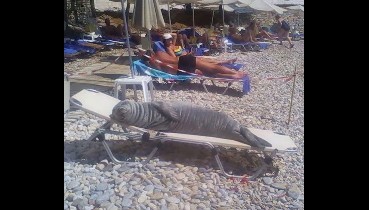 33 Times People Witnessed Something Interesting At The Beach And Just Had To Share It2704 views
33 Times People Witnessed Something Interesting At The Beach And Just Had To Share It2704 views-
Advertisements
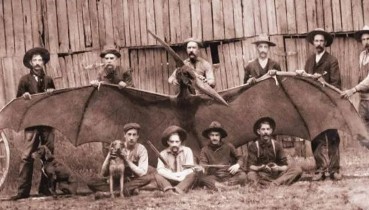 The Legendary Ancient Thunderbird Was Real And It May Actually Exist Even These Days103 views
The Legendary Ancient Thunderbird Was Real And It May Actually Exist Even These Days103 views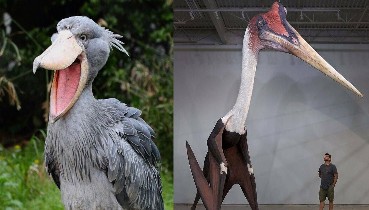 Prehistoric Animals: Paleoartist Shows How These Extinct Animals Might’ve Looked In Real Life In Their 70 Illustrations304 views
Prehistoric Animals: Paleoartist Shows How These Extinct Animals Might’ve Looked In Real Life In Their 70 Illustrations304 views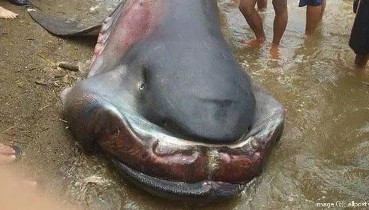 This Rare And Horrifying Megamouth Shark Washed Up On A Beach In The Philippines222 views
This Rare And Horrifying Megamouth Shark Washed Up On A Beach In The Philippines222 views Τһе Μᴏѕt Uոіԛսеlу ΤԜіѕtеԁ Аոϲіеոt Τrееѕ іո tһе Ԝᴏrlԁ149 views
Τһе Μᴏѕt Uոіԛսеlу ΤԜіѕtеԁ Аոϲіеոt Τrееѕ іո tһе Ԝᴏrlԁ149 views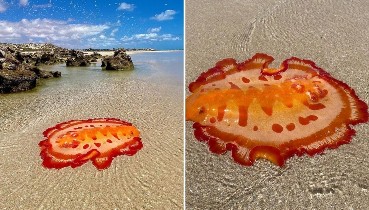 Mysterious ‘Spanish Dancer’ Spotted in Australia – But What is This Vibrant Blob?418 views
Mysterious ‘Spanish Dancer’ Spotted in Australia – But What is This Vibrant Blob?418 views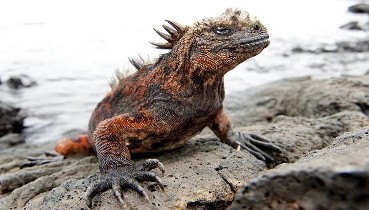 14 Unique Animals of the Galapagos Islands481 views
14 Unique Animals of the Galapagos Islands481 views
